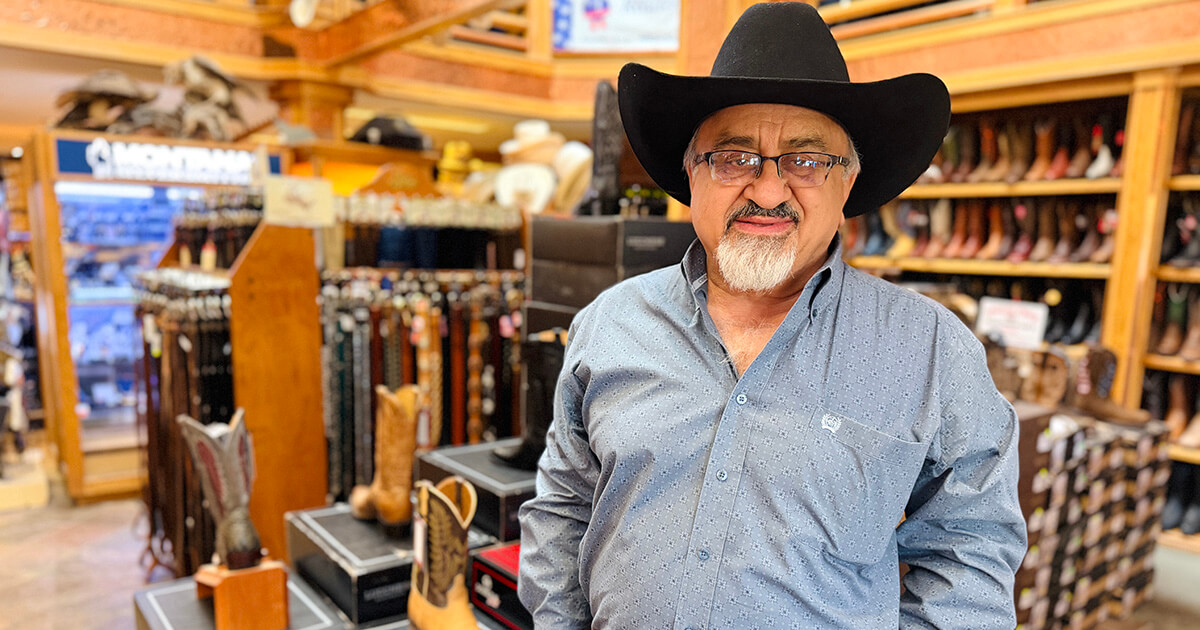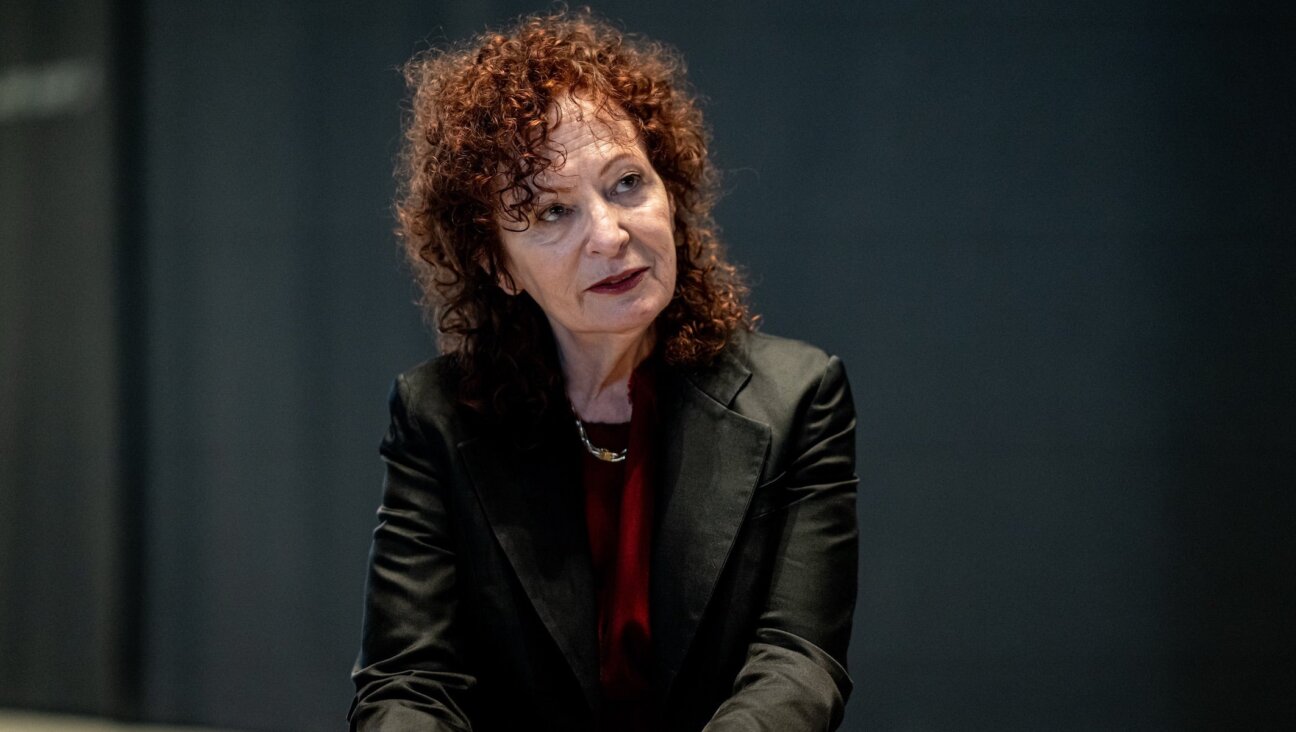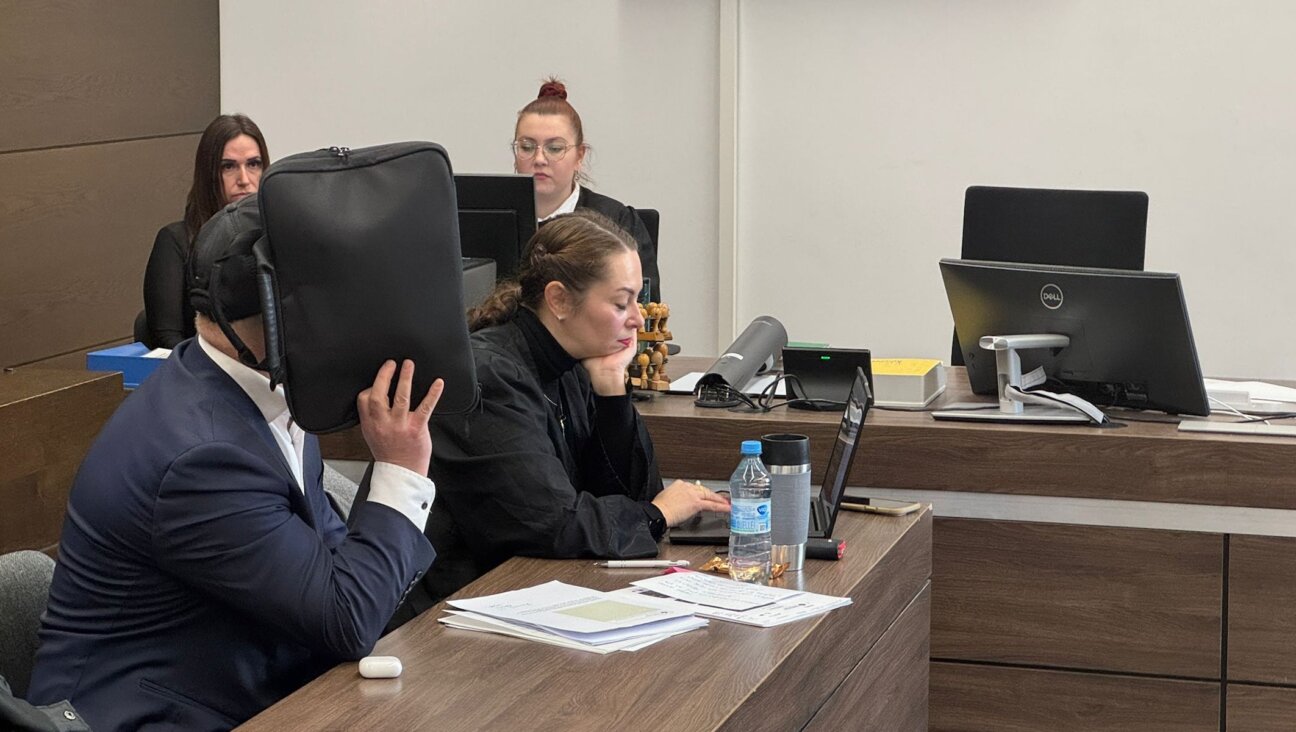Jewish Groups Offer Aid After Tsunami
With the death toll in Southeast Asia surpassing 70,000, Israeli aid workers and Jewish organizations are racing to support the international relief effort following this week’s tsunami disaster.
Israeli psychologists, forensics experts, and rescue and recovery officials were set to fly to the region to help relatives locate and identify their loved ones, according to an Israel Radio report.
In advance of burials scheduled for Thursday, nations throughout the world have been scrambling to identify tourists who may have been caught in the tidal wave.
Most of those killed by the devastating earthquake and tsunami were in Indonesia, India and Sri Lanka.
On Tuesday, Sri Lanka turned down an Israeli offer to send military personnel to help with search-and-rescue efforts, but said it would accept a smaller team. Another plane is set to fly to Sri Lanka, carrying tents, generators, blankets, medical equipment and other items meant to help those whose belongings were lost in the disaster.
In a widely condemned blunder, the Vatican’s news organ erroneously denounced Israel for denying emergency help to Sri Lanka’s victims. Calling for “a radical and dramatic change of perspective” among people “too often precoccupied with making war,” the newspaper, L’Osservatore Romano, singled out Israeli military leaders for rebuke.
Israel’s Foreign Ministry set aside $100,000 in aid for each of the countries hit by the tsunami. Four top doctors from Israel’s Hadassah Hospital were dispatched to Colombo, Sri Lanka, at the ministry’s request, Hadassah said. Among them were the hospital’s head of general surgery and trauma, its chief of pediatrics and two anesthesiologists.
The American Jewish World Service was expecting to send its first shipment of medicine Tuesday to Sri Lanka, Indonesia and India. It has been coordinating with 23 partner organizations in the region to assess needs on the ground. The American Jewish Joint Distribution Committee is working with its offices in Bombay and elsewhere to coordinate relief efforts. The organization is hoping to provide food, water, clothing and shelter to countries affected by the earthquake and tsunamis.
B’nai B’rith, the American Jewish Committee and the UJA-Federation of New York are also accepting donations to help victims.
The Chabad of Thailand responded to the crisis by dispatching a rabbi to Phuket to aid rescue efforts, and turned the three Chabad Houses of Thailand into crisis centers.
Israeli media reported Tuesday that the Foreign Ministry fears that 70 of some 500 Israeli tourists still unaccounted for in Thailand, Sri Lanka and India might have lost their lives. Israel’s consul in Bangkok, Yaakov Dvir, said the number of Israelis hurt by the tsunami on Koh Phi Phi island was low because most Israeli vacationers went to the big “Full Moon” bash, a rave party, on Koh Phangan island. At least 33 Israelis are receiving treatment in hospitals in the region, the Foreign Ministry said.
Details were not immediately known, but it also was believed that members of the South African, Australian and New Zealand Jewish communities were missing.
A Belgian Jewish couple reportedly lost their 11-month-old son, Matan Nassima, in the disaster. According to Israel’s Ma’ariv newspaper, the baby’s body was found Tuesday near the Thai resort where his family had vacationed. The child’s parents had posted a picture of the boy on the newspaper’s Web site after he was swept away during the tsunami, in hopes that Israeli tourists might recognize him and report his whereabouts. Matan’s grandfather told Ma’ariv that the toddler likely would be buried in Israel.
Shabtai Majer, 65, of Tel Aviv, was moderately injured and is in the hospital after coming to Thailand to celebrate his 45th wedding anniversary with his wife, Sara.
“Shortly after the boat landed [on the small island of Phithi], I saw that the sea was just disappearing and I told my wife something was wrong and that we needed to run,” Majer said. “We ran to a small, three-story hotel near the beach. I opened the door, and we both went in. I thought we were safe. But then there was a terrible boom, and a huge wave washed over us. The walls collapsed, and I was buried under water. I was saved only by an air pocket there.”
Asked about his wife’s fate, Majer’s lips trembled. “I think she’s gone.”
















